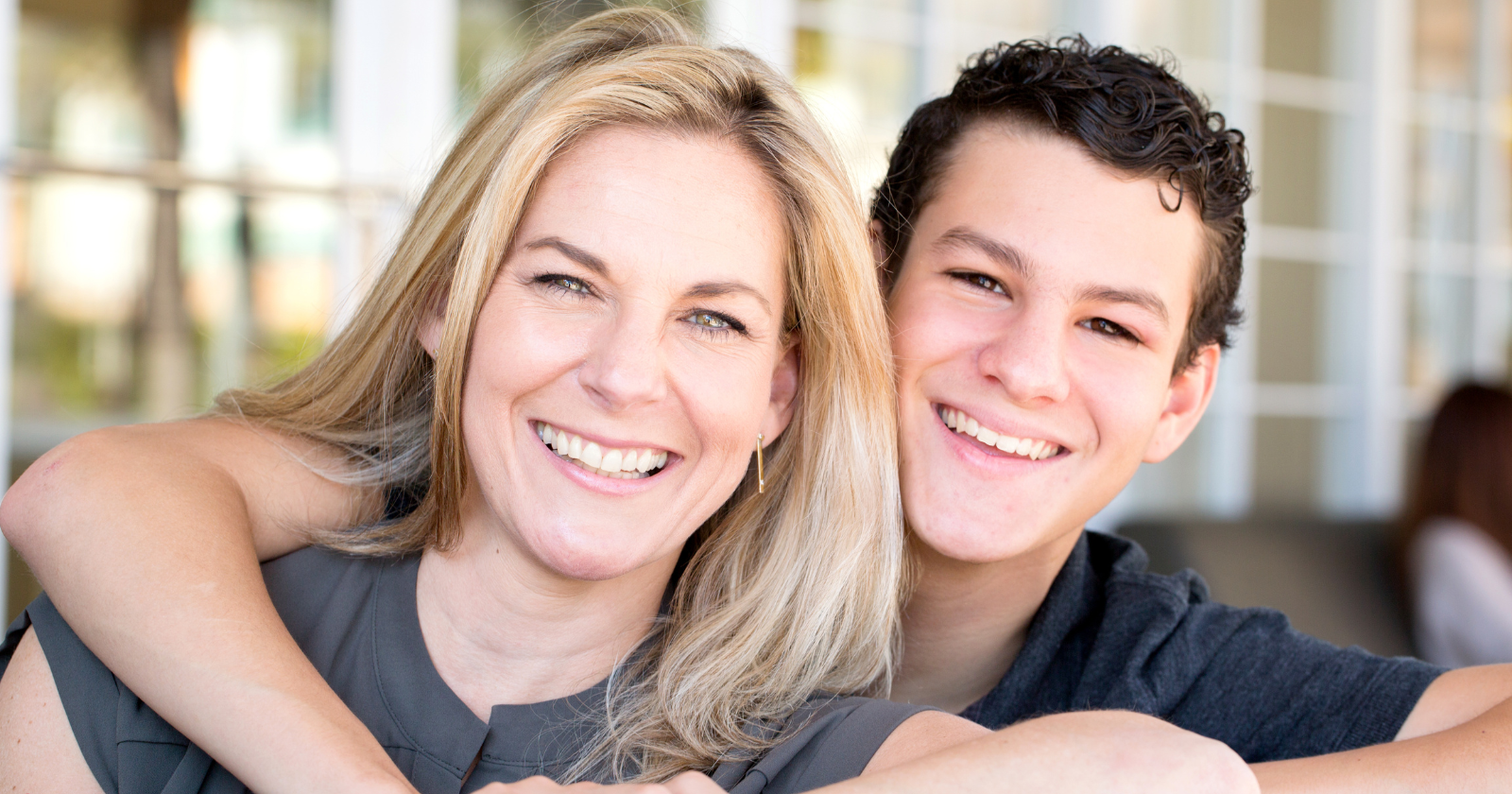When I became a parent in the 1990s, the world looked very different. There were no smartphones, no social media, and no parenting podcasts telling us how to do it all right.
My own mother had modeled patience, discipline, and self-sacrifice. I figured I’d follow her example, just with a little more flexibility and a few modern ideas.
But now, with my sons grown and starting their own adult lives, I’ve realized how much parenting evolves from one generation to the next and how much it changes us in the process.
Raising kids between two eras, where old values met new realities, made me rethink almost everything I thought I knew about family, love, and growth.
Here are eight lessons I’ve learned from parenting across generations, and how they’ve reshaped the way I understand my children and myself.
1. I stopped trying to parent from perfection
My mother never complained, even when she was exhausted. That was her generation’s version of love: endurance without question. I used to think that’s what strength looked like.
But when I was raising three boys while juggling work and home life, I learned that perfection was not love. It was pressure quietly passed down.
Reading Laughing in the Face of Chaos by Rudá Iandê reminded me of something powerful: “When we let go of the need to be perfect, we free ourselves to live fully, embracing the mess, complexity, and richness of a life that’s delightfully real.”
His insights helped me shift my focus from control to connection.
Now, when my kids make mistakes or when I do, I remind myself that love doesn’t require flawless execution. It requires presence.
2. I learned the value of listening instead of instructing
Parents of my mother’s generation believed advice was love. If a child cried, they would quickly say, “Don’t be upset” or “You’ll be fine.”
Related Stories from The Artful Parent
- 8 lies Boomer parents told themselves to survive that their adult children are now paying for in therapy
- If you want your teen to open up, these 8 habits are essential
- I’ve spent more years being a mother than I spent being just myself—here are 7 things I’m only now figuring out about who I actually am
But raising kids in the 1990s taught me how powerful quiet listening can be. When my youngest used to vent about school or friends, my instinct was to fix everything. Instead, I learned to say, “Tell me more.”
Experts agree this simple act matters deeply.
Research from the Center on the Developing Child at Harvard University notes that “serve and return interactions, responsive, back-and-forth exchanges between a young child and a caring adult, play a key role in shaping brain architecture.”
Listening builds trust. It says, “Your feelings matter,” which is something many of us never heard enough growing up.
3. I began to question the rules I inherited
When I was a child, parenting came with a clear rulebook: good grades, good manners, respect for authority, and no backtalk.
But by the time my sons were teenagers, the world had changed. Mental health was part of the conversation, individuality was encouraged, and the old ways did not always fit anymore.
- I watched my mother lose herself in marriage for 40 years—here are 8 boundaries I refuse to compromise on - Global English Editing
- 7 subtle signs you’re an INFJ, the world’s rarest personality type - Global English Editing
- Psychology says that people with high-level self-respect never explain these personal things - Global English Editing
I started asking myself which traditions helped my kids grow and which ones kept them small. That reflection changed everything.
Parenting, I realized, is about preparing our children for a future that may look nothing like the one we grew up in.
4. I saw how emotional honesty strengthens connection
My mother rarely talked about her feelings. She protected us by keeping her worries hidden. I did the same until my kids started asking, “Are you okay?”
One night, instead of brushing it off, I said, “I’m just tired and a little overwhelmed.” They didn’t panic. They offered to help.
That moment taught me that vulnerability doesn’t burden children; it teaches them compassion. When they see us manage emotions with honesty, they learn to do the same.
The Association for Child and Adolescent Mental Health has noted that “secure attachment has been shown to be significantly associated with improved outcomes for children across emotional, social, and behavioral adjustment, school achievement, and peer-rated social status.”
Emotional transparency is part of that attachment. It turns a household into a safe space instead of a performance stage.
5. I realized independence looks different now
When I was their age, independence meant moving out quickly, getting a stable job, and standing on your own two feet.
But my sons came of age in a different landscape filled with rising costs, new technology, and shifting career paths.
At first, I worried when they leaned on me longer than I had leaned on my parents. But I have come to see independence less as leaving home and more as learning self-awareness.
They might still ask for advice, but they are also more emotionally grounded and better at communicating their needs than I ever was at that age.
Parenting across generations taught me that independence is about confidence in one’s own voice.
6. I found forgiveness for the parents who raised me
It took me years to understand that my parents did the best they could with what they knew. Their silence, their strictness, and their practicality were acts of love shaped by their time and their own struggles.
Becoming a mother in the 1990s made that clearer. Every choice carries uncertainty. Every lesson comes with blind spots.
Once I saw that, compassion replaced resentment. And that softened the way I parented too. I stopped expecting my kids to understand me someday and started showing them empathy now.
Parenting across generations is not just about passing things down. It is also about healing what we inherited.
7. I discovered that growth goes both ways
Parenting once felt like a one-way street where I taught, and they learned. Over time, I realized it was far more of an exchange.
My kids have challenged my assumptions, started conversations I once avoided, and reminded me that love grows and changes right alongside us.
Watching them navigate the world with their own ideas and values has taught me to stay open.
They’ve shown me that parenting doesn’t end when the lessons are learned, it deepens when we start learning from each other.
That shift has made our relationship calmer, more curious, and filled with mutual respect.
8. I stopped measuring love by control
The biggest surprise of parenting across generations is realizing that love can take many forms.
My parents showed love through discipline and sacrifice. I have learned to express it through communication, acceptance, and letting go.
It used to worry me when my children made choices I would not have made. Now I see those choices as proof that they trust themselves, a sign of healthy parenting, not failure.
I still guide them, but I also give them space to stumble, question, and grow. Control creates compliance, but trust creates confidence.
And in the end, that is what I want most for them: not perfection, but authenticity.
Final reflections
Parenting across generations has been the most humbling education of my life.
It has shown me that wisdom can’t simply be passed along like an heirloom.
We uncover it side by side, through listening, learning, and the willingness to keep growing together.
When I watch my sons now, I do not just see who they are becoming. I see the line of mothers and fathers before me, each trying in their own way to love better than they were taught.
That is what parenting really is, a long, evolving conversation across time.
And every generation gets another chance to answer with more tenderness, more awareness, and more grace.



